Sustainability has become a priority in today's business world, and it is not difficult to understand why.
According to the "Sustainable Rural Tourism Trends Report" prepared by EscapadaRural and Biosphere, 52% of the surveyed citizens look for eco options, with sustainable certifications and/or services with options to offset their carbon footprint when organising a trip.
Furthermore, as mentioned in the same study, focusing on the sustainable traveller generates a positive impact on the business according to 70% of rural accommodation owners. These figures show that sustainability has become a fundamental value for society and that its importance continues to grow.
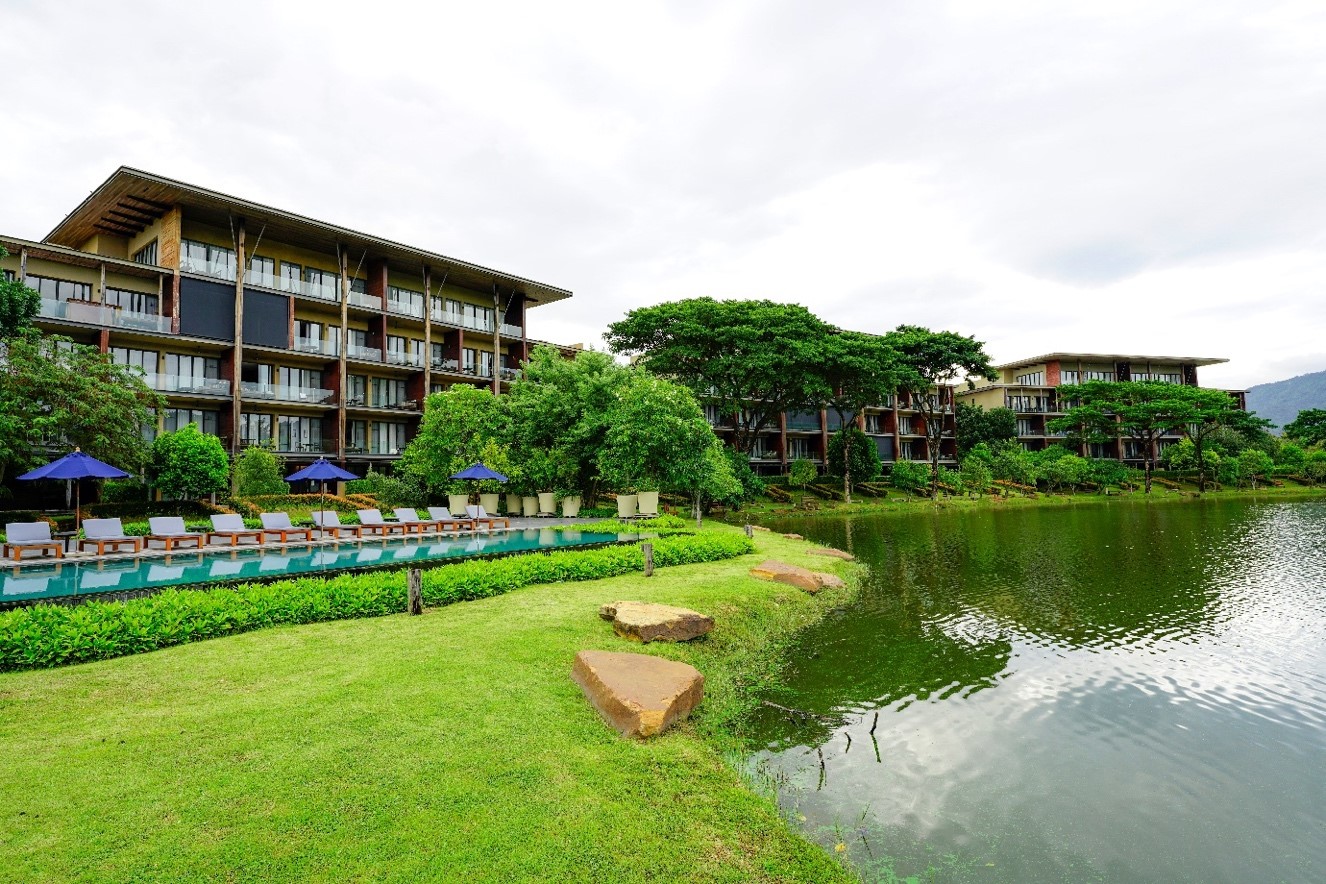
Is it really beneficial?
Corporate sustainability recognises that a business does not operate in vain, but has an impact on the community and the planet. From large corporations to the smallest shops, they need to approach management that respects the natural and social environment around them. Not only to care for their context, but also to stand out in a highly competitive market and to be able to maintain and attract increasingly demanding customers.
Therefore, if you are looking for real success stories, here are some accommodations with positive experiences by investing in sustainability:
In one of the oldest farmhouses in Sitges, Barcelona, connecting with the territory and understanding its singularities makes Sències Can Girona a unique place to enjoy the rural world and the sea.

With a tradition of three generations, the care for the environment has been one of the foundations of the project since its beginnings. For example, in its gardens and orchards, local plants are cultivated; being a bird preservation area, they keep the swallows' nests during the winter so that they can find them in March, they also create nests for bats and their pond is a breeding place for ducks. Zooming in on animal life, insects such as spiders and bees are also fundamental to maintaining the biodiversity of the area.
For this reason, they count arachnids to observe the health of the ecosystem and ensure the conservation of 4 swarms, at the furthest points from the houses, to consolidate the good pollination of the flora. Through beekeeping workshops and visits to the organic vegetable garden, guests can access all this knowledge at first hand.
On the other hand, the Biosphere certificate "also accompanies us through its improvement action plan to implement tools for greater energy efficiency and accommodation as free of waste as possible", says Agnes Zander, director of the farmhouse. Offering bicycle rentals, the possibility of buying produce from the garden or providing water in glass carafes are other initiatives implemented by the accommodation.
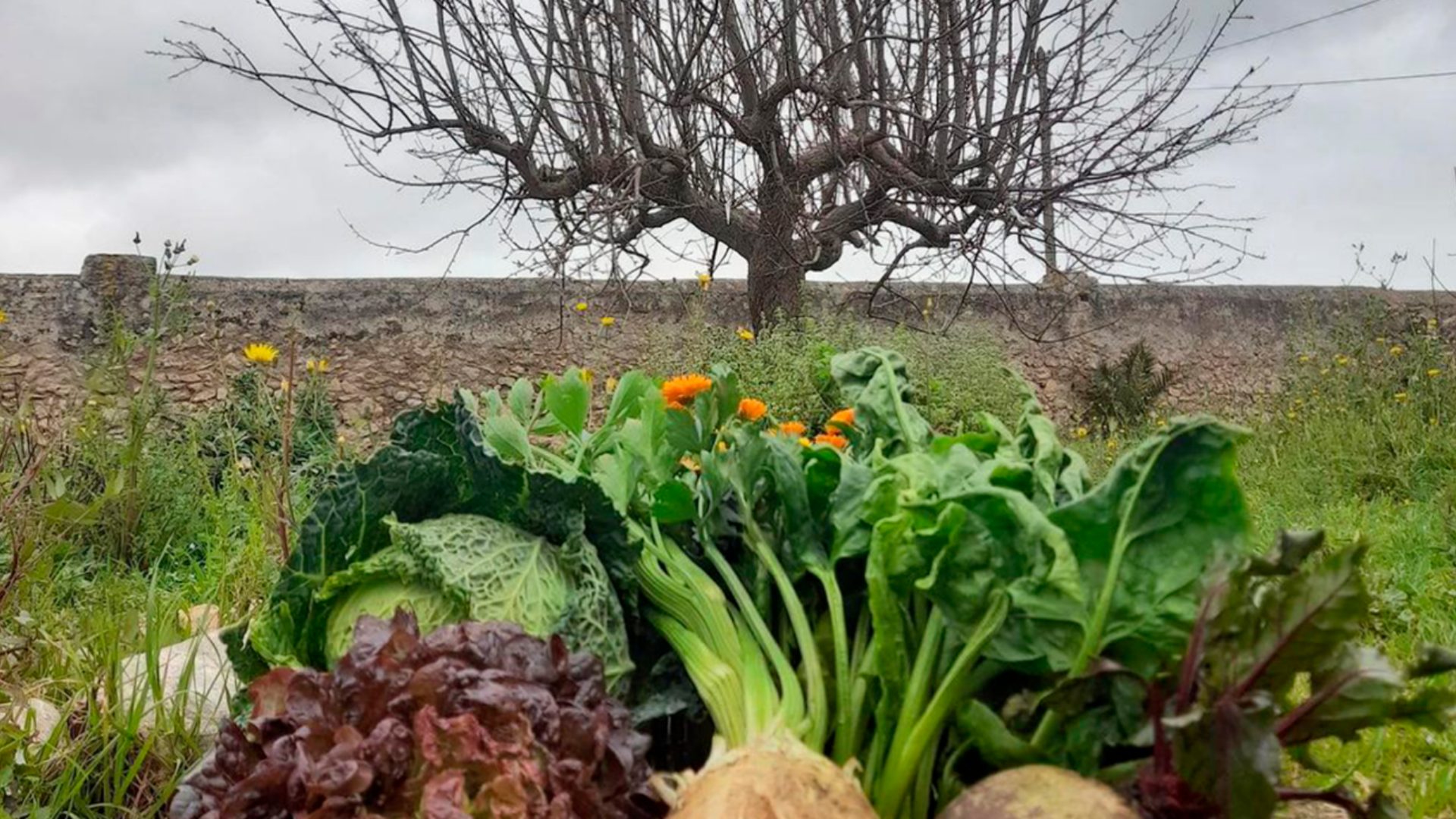
In this way, Sències Can Girona manages to save costs and offers its customers an immersive experience, committing itself to continuous improvement and sustainability work through Biosphere, as Zander mentions:
"Being Biosphere certified helps us to structure and communicate what was already moving us from the beginning of the Sències Can Girona project: respecting the environment".
Ladoeiro, Portugal, is home to Quinta dos Trevos, a project that began in the youth of the founders, Maria Celsa Herrero and João Ludgero Moreira dos Santos. After acquiring the land, their dream of living in the countryside, working as artisans and caring for the natural environment began to become a reality.
Through workshops for the production of decorative candles, recycled paper, initiation to carpentry and other crafts, the rural accommodation manages to involve its guests in the traditions and care of the environment in all its aspects.
For Maria Celso, the Biosphere certificate "was a recognition of all the practices that have always been present in our lives". In this way, the terms sustainability and resilience are "very easy to apply" to the accommodation.
Located in Tàrrega, in Lleida, a 17th century building emerges as rural accommodation surrounded by history and nature. In the past, La Torre del Codina was built for mule drivers, people who used to transport goods by animal traction, and for harvesters and grape harvesters. Nowadays, the rural accommodation is Biosphere Certified, ecological and self-sustainable, located in the Granyena Protected Natural Area.
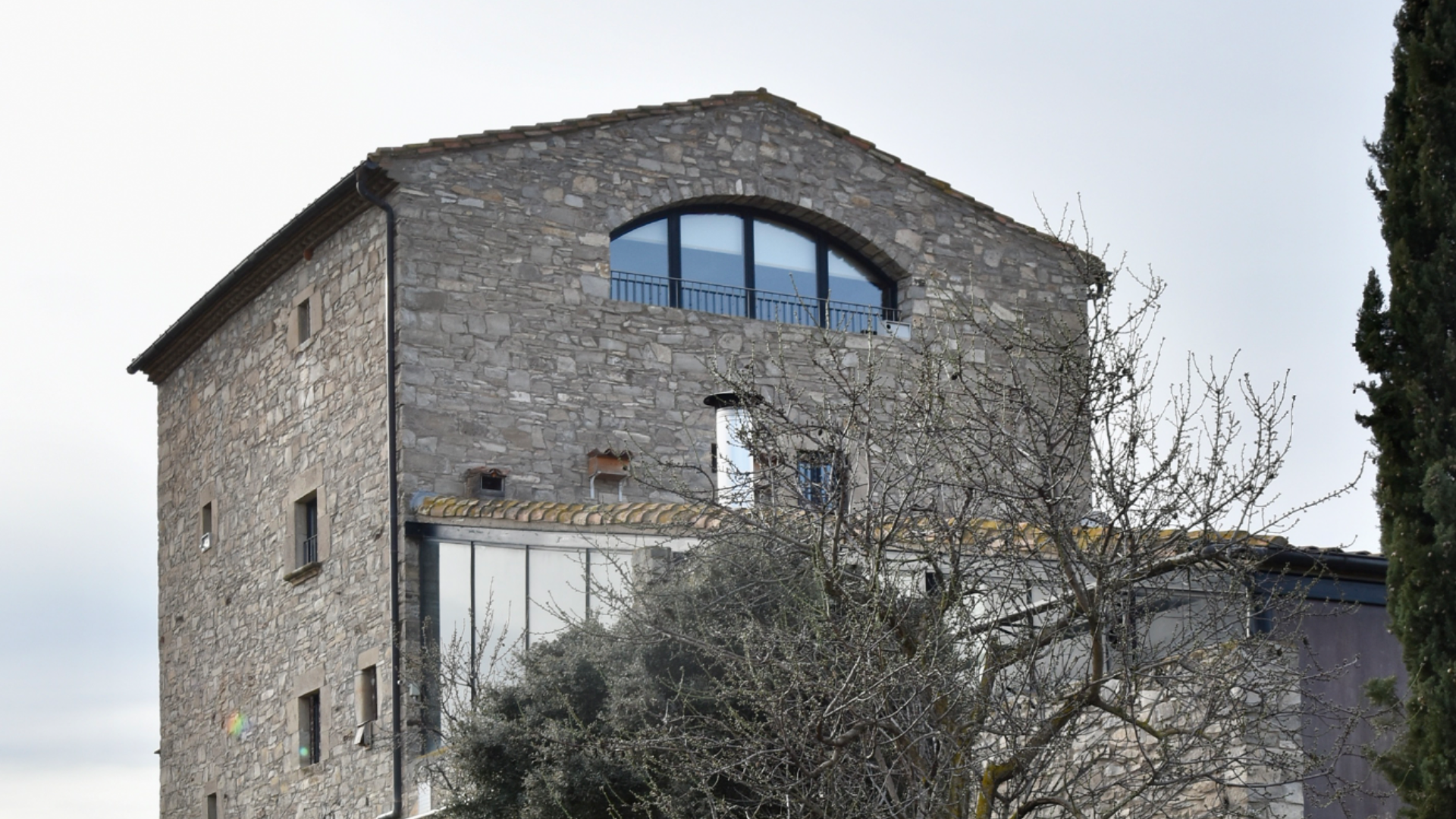
A rustic plot of land is set aside for organic farming and the maintenance of agroforestry vegetation. In addition, the energy consumed in the house is generated by photovoltaic panels and a wind turbine. After being stored in batteries, it is distributed via a domotic control system. Heat accumulators and a biomass boiler are also used for thermal energy. These actions have achieved significant cost reductions.
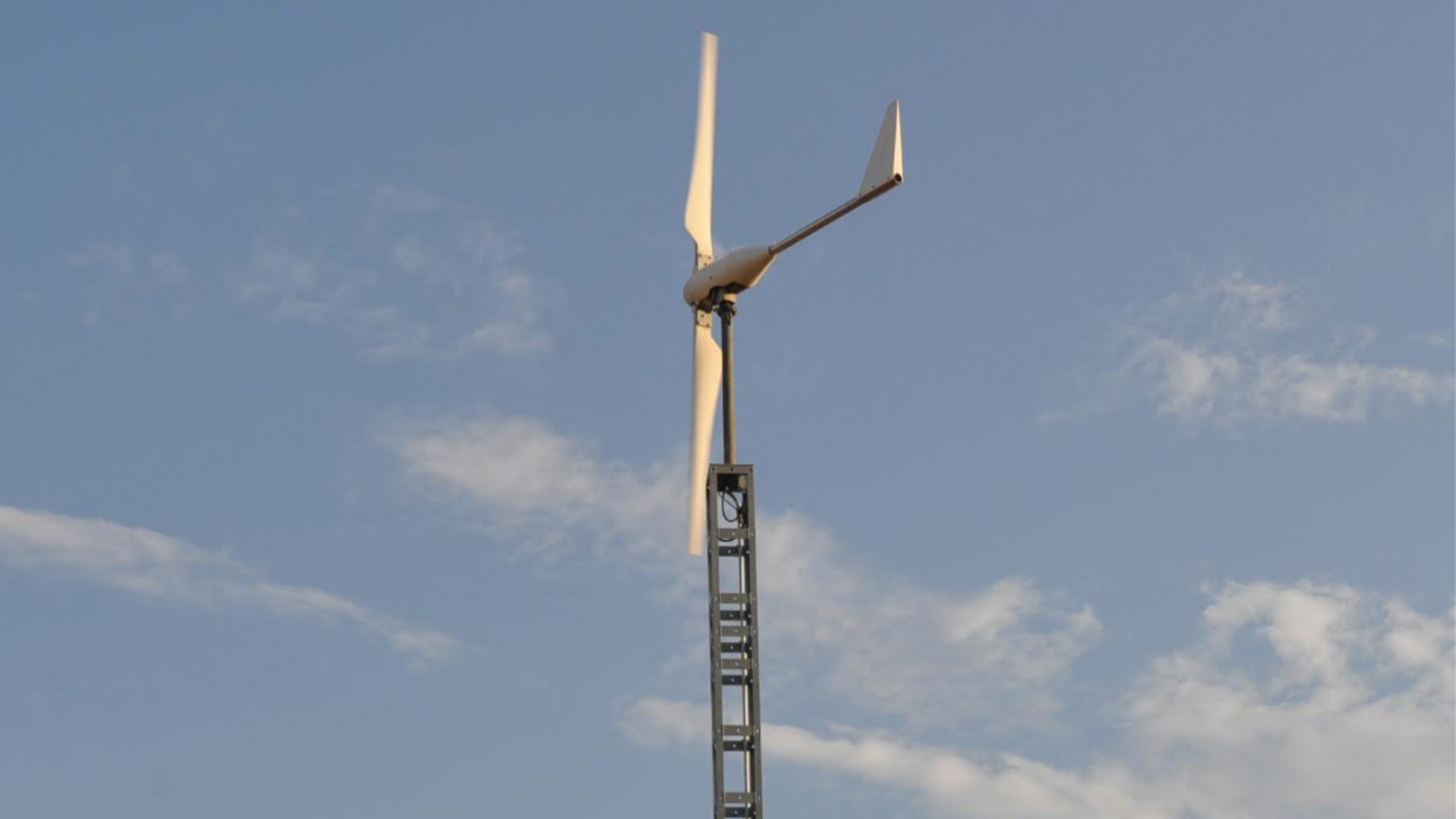
The wastewater is treated by a biological treatment plant that uses plants for treatment. The water then serves as a watering place for birds, mammals and a habitat for insects, amphibians and reptiles.
Initiatives such as the reintroduction of owl and kestrel species, the maintenance of nests for swallows or bats and insect hotels for pollinating bees are some of the initiatives carried out by the accommodation. In this way, guests are introduced to the birds of the area, the vegetation and are certain to enjoy a more respectful experience.
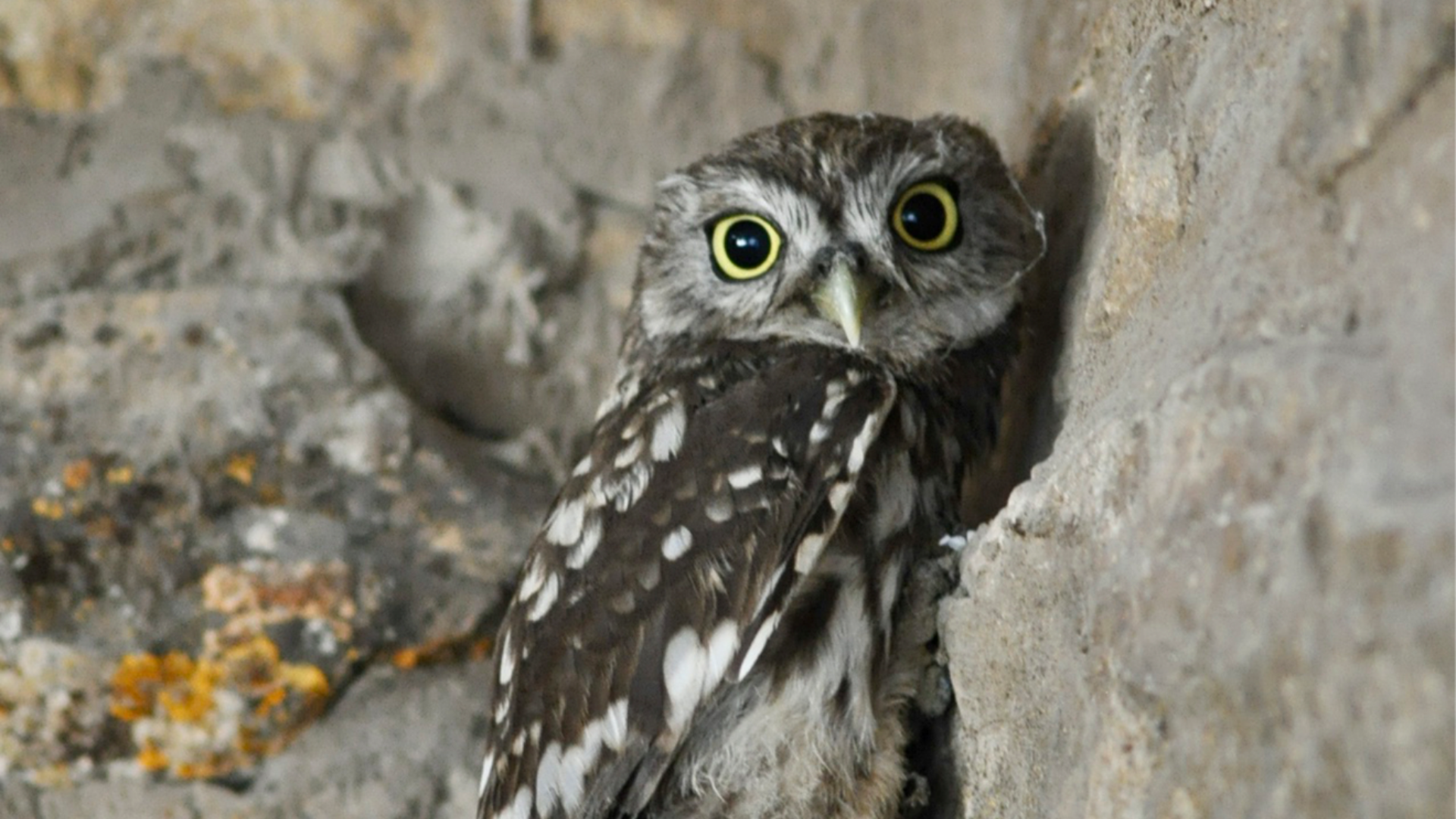
These companies work to achieve not only the wellbeing of their natural environment, but also that of their customers, promoting traditions, care for the environment and good practices in sustainability, attracting a new niche market that is looking for increasingly sustainable options.






